Who Invented the Recliner – The Fascinating History Behind the Chair
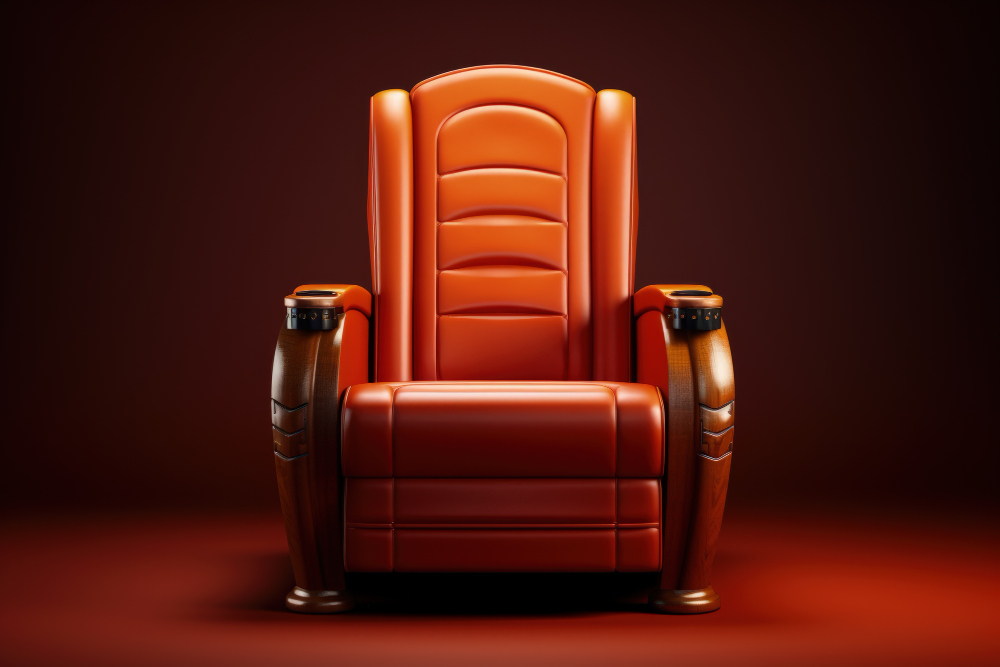
Key Takeaways
- The modern recliner was invented by American engineer and inventor Knabusch and Wallace in 1928.
- Recliners evolved from early reclining chairs used in the 19th century, designed for comfort and relaxation.
- Patents for adjustable chairs and footrests laid the foundation for today’s manual and power recliners.
- Understanding the history highlights how recliners became a staple in modern living rooms and home theaters.
The modern recliner was invented by Knabusch and Wallace in 1928 in the United States. They created the first wooden reclining chair with adjustable footrest, which evolved into today’s manual and power recliners, offering comfort and ergonomic support.
Introduction
Recliners are synonymous with comfort, relaxation, and luxury, but few people know their fascinating history.
From early reclining chairs in the 19th century to the sophisticated power recliners of today, the invention of the recliner revolutionized home comfort and ergonomics.
This article explores who invented the recliner, its evolution, and how it became a beloved furniture staple.
Read Also: How Long Should your Recliner Last
Early History of Reclining Chairs
- Reclining chairs date back to the 19th century, with early designs in Europe and America.
- Early recliners were wooden chairs with adjustable backs and footrests, intended for relaxation and reading.
- These primitive recliners lacked the mechanical sophistication of modern chairs but introduced the concept of adjustable comfort.
Fun Fact: In the late 1800s, reclining chairs were a luxury item found mostly in affluent homes and libraries.
The Modern Recliner – Knabusch and Wallace
- In 1928, Knabusch and Wallace, American inventors, designed the first modern recliner.
- Their design featured:
- Adjustable backrest
- Extendable footrest
- Comfortable cushioning for full-body relaxation
- They patented the chair and began producing it commercially, laying the foundation for today’s recliners.
Read Also: Are Recliners Good for Seniors?
Evolution of the Recliner
- 1930s–1950s: Recliners were primarily manual, with lever-operated mechanisms and wood frames.
- 1960s–1970s: Upholstered recliners gained popularity, offering enhanced comfort and fabric choices.
- 1980s–1990s: Power recliners and home theater recliners emerged, featuring motors, massage, and heat functions.
- Today: Recliners include manual, power, lift, glider, and zero-gravity models, catering to comfort, health, and style.
Impact of the Recliner
- Revolutionized home comfort, offering adjustable seating for relaxation, watching TV, and reading.
- Introduced ergonomic benefits, reducing stress on the back and legs.
- Became a staple in living rooms, nurseries, and home theaters worldwide.
- Inspired innovations like power recline, massage functions, and ergonomic designs.
Interesting Facts
- Recliners are sometimes called “lazy chairs” or “armchairs with footrests”.
- The first recliners were made of wood and metal, with simple padding.
- Modern recliners now include technology-driven features like USB ports and wireless controls.
Read Also: How To Clean Your Recliner
Conclusion
The invention of the recliner transformed the way people relax at home, combining ergonomic support with luxury.
Understanding the history of the recliner helps us appreciate how far furniture design has come, from a simple adjustable chair to today’s high-tech, plush, and functional recliners.
Read Also: How To Repair A Recliner
Frequently Asked Questions
The modern recliner was invented by Knabusch and Wallace in 1928 in the United States.
Yes, early reclining chairs existed in the 19th century, mostly made of wood with adjustable backs and footrests.
Upholstered and manual recliners gained popularity in the 1950s–1970s, while power recliners became mainstream in the 1980s–1990s.
Power recliners, lift chairs, massage functions, glider mechanisms, zero-gravity chairs, and home theater recliners.
They combine adjustable reclining angles, footrests, and ergonomic support to reduce stress on the back and legs.
Summary
The modern recliner was invented by Knabusch and Wallace in 1928, building on centuries of reclining chair designs.
From simple wooden chairs to today’s high-tech recliners, the chair has evolved to offer maximum comfort, style, and ergonomic benefits, becoming a beloved furniture piece in homes worldwide.

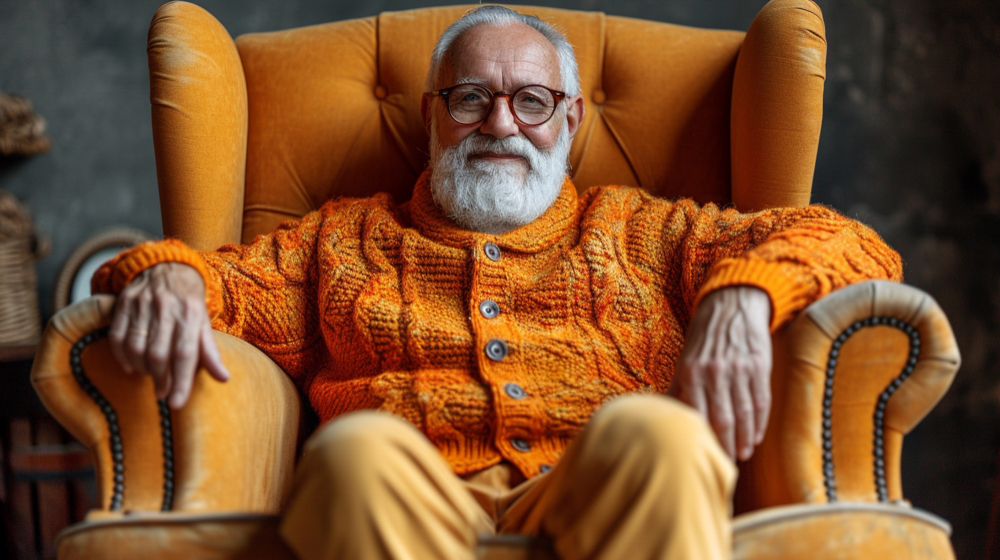
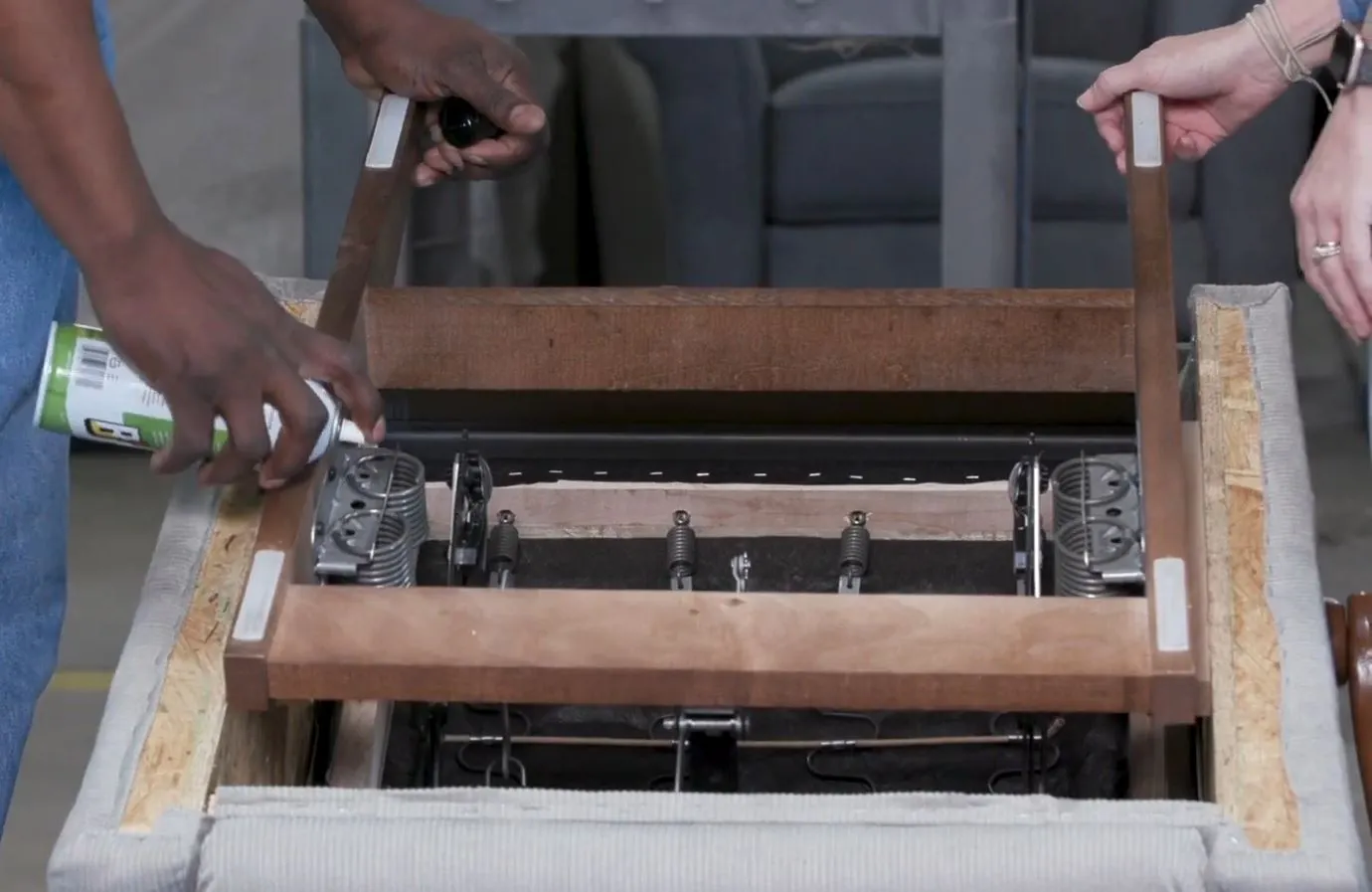
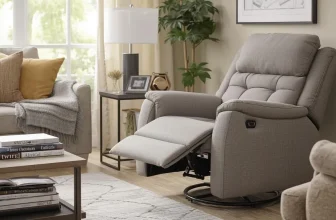
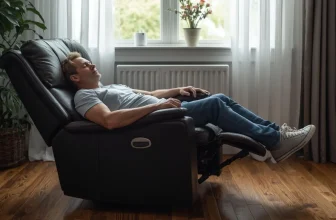



[…] Read Also: Who Invented the Recliner […]